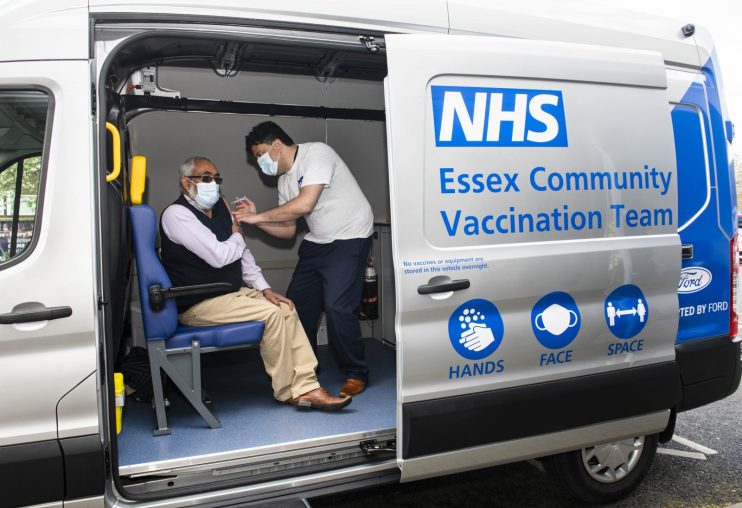Your third Covid shot is coming: All you need to know about booster vaccines

It seems inevitable: a third Covid shot is coming your way this Autumn. Two jabs may not give us sufficient protection, or at least not in the long term.
Booster jabs are being offered as part of a ramped-up vaccine campaign in England. Some 1.5 million people will be contacted and encouraged to use the National Booking Service.
Starting this week, texts are being sent to people while letters will be sent to those who are eligible later in the week, NHS England said.
Who will be offered a third vaccine?
Those eligible for boosters include anyone aged 50 and over, people living and working in care homes for the elderly, and frontline health and social care workers.
All those who are clinically extremely vulnerable and anyone aged 16 to 65 in an at-risk group for Covid (who were included in priority groups one to nine during the initial vaccine rollout) will also be eligible for a jab.
Adults who share a household with vulnerable people will also be offered the booster jab.
NHS England said local health teams will prioritise care home residents and staff who are eligible – and offer a booster jab by the beginning of November.
Health Secretary Sajid Javid previously told MPs: “There’s evidence that the protection offered by Covid-19 vaccines reduces over time, particularly (among) older people who are at greater risk, so booster doses are an important way of keeping the virus under control for the long-term.”
There are also booster campaigns in Wales, Scotland and Northern Ireland.
When will they be given?
The Joint Committee on Vaccination and Immunisation (JCVI) has said people should receive their booster dose at least six months after they received their second coronavirus jab.
The NHS officially launched its coronavirus booster campaign last week, when hospital hubs began with vaccinating frontline health and care workers.
They also began identifying other eligible patients for their booster jab. GP-led local vaccination services have started contacting eligible patients.
The NHS Covid-19 vaccination programme is set to ramp up as more vaccination centres and pharmacy-led clinics come online.
Which vaccine will be used for the boosters?
While there is a preference that people should get the Pfizer jab as a third dose, regardless of which jab they were initially given, the JCVI said half doses of the Moderna jab could be used as an alternative.
Experts say the Pfizer vaccine, which will be used as the booster, is safe to be given alongside the usual winter flu jab. People could be able to get their Covid and flu vaccines on the same day, preferably with one shot in each arm.
There are three vaccines which have been approved as safe and effective as boosters – AstraZeneca, Pfizer and Moderna – but experts have decided to opt for Pfizer as a preference after studies showed it is well tolerated and works well as a booster.
Will the booster be offered to everyone?
When there is more data, the JCVI plans to look at whether boosters should also be offered to healthy people under the age of 50, though there is less concern about immunity waning in this age group.
Professor Wei Shen Lim, chairman of Covid-19 immunisation for the JCVI, has said the UK’s Covid-19 vaccination programme has been hugely successful in protecting people against admission to hospital and death.
He has pointed out the main aim of the booster programme is to prolong that protection and reduce serious disease as we head towards the colder months, adding: “The JCVI is advising that a booster dose be offered to the more vulnerable, to maximise individual protection ahead of an unpredictable winter.”
The pandemic is still active and winter viruses such as flu and RSV (respiratory syncytial virus) are highly likely to make their returns.
Professor Jonathan Van-Tam, deputy chief medical officer for England, has said that with that in mind, “the aim of the game – the mantra – is to stay on top of things.”